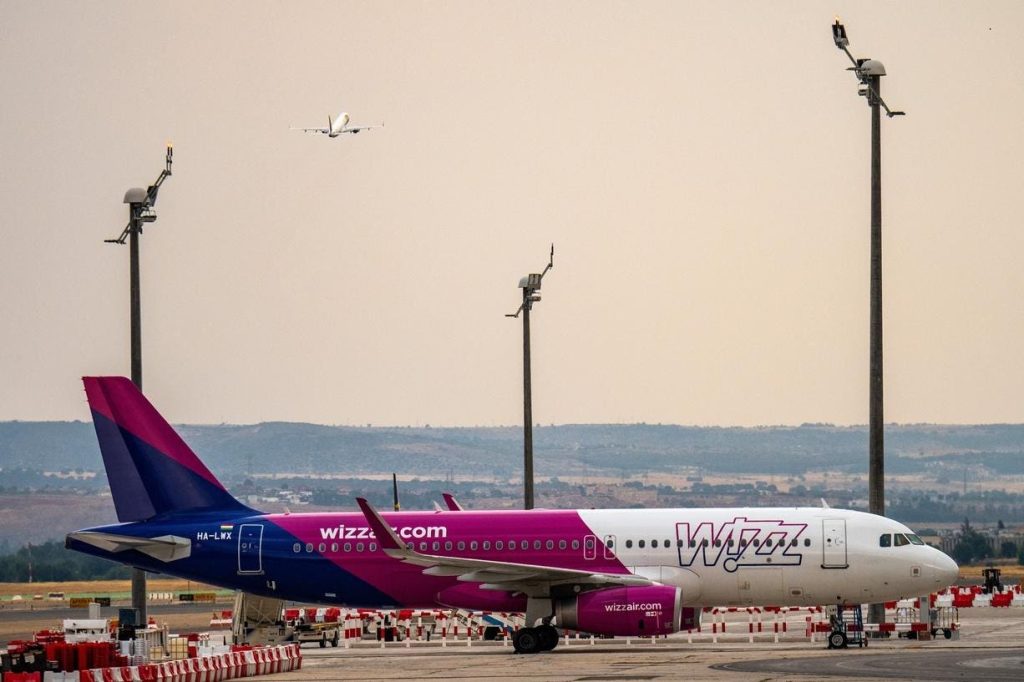Low-cost carrier Wizz Air soared back into profit during the last financial year, with the share price rising by 5.8% to £20.76. Revenues at the company surged by 30.2% to €5.1 billion, with a net profit of €365.9 million compared to a loss in the previous year. Passenger numbers increased by 21.4% to over 62 million, while the load factor improved to 90.1%. Costs per available seat kilometer (CASK) decreased by 7.8% year on year, excluding fuel.
However, Wizz Air’s performance was impacted by aircraft groundings due to issues with Pratt & Whitney’s GTF engine. Currently, 22% of the company’s fleet is grounded, with the number expected to rise to 50 by September. The business has secured a support and compensation package from Pratt & Whitney to mitigate the operational and financial impact of these groundings. Despite these challenges, Wizz Air’s CEO, József Váradi, highlighted sustained healthy demand for air travel and the company’s strong position in the market.
Váradi stated that the demand for air travel remains robust, supporting a higher yield environment as industry capacity remains constrained. Wizz Air expects RASK to improve by high single-digit percentages in financial 2025, leading to a net profit between €500 million and €600 million. Capacity per ASK is expected to remain flat due to the grounding issues, while the load factor is projected to increase to 92%. CASKs excluding fuel are predicted to rise by high single-digit percentages.
Analyst Mark Crouch of eToro remarked on Wizz Air’s record passenger numbers, improving load factors, and lower unit costs contributing to the airline’s return to profitability. However, he also pointed out the impact of conflicts in Ukraine and the Middle East on the company’s bottom line, with thousands of flights cancelled. The ongoing production hiccups with Pratt & Whitney engines also present a challenge for the low-cost carrier.
Overall, Wizz Air’s impressive financial results amidst industry challenges demonstrate the company’s resilience and strategic positioning. The effects of the pandemic and other external factors have influenced the aviation industry, but Wizz Air’s strong performance and future growth expectations indicate a promising outlook for the low-cost carrier. Investors and analysts will be closely monitoring the company’s ability to navigate these challenges and capitalize on opportunities to further strengthen its position in the market.


